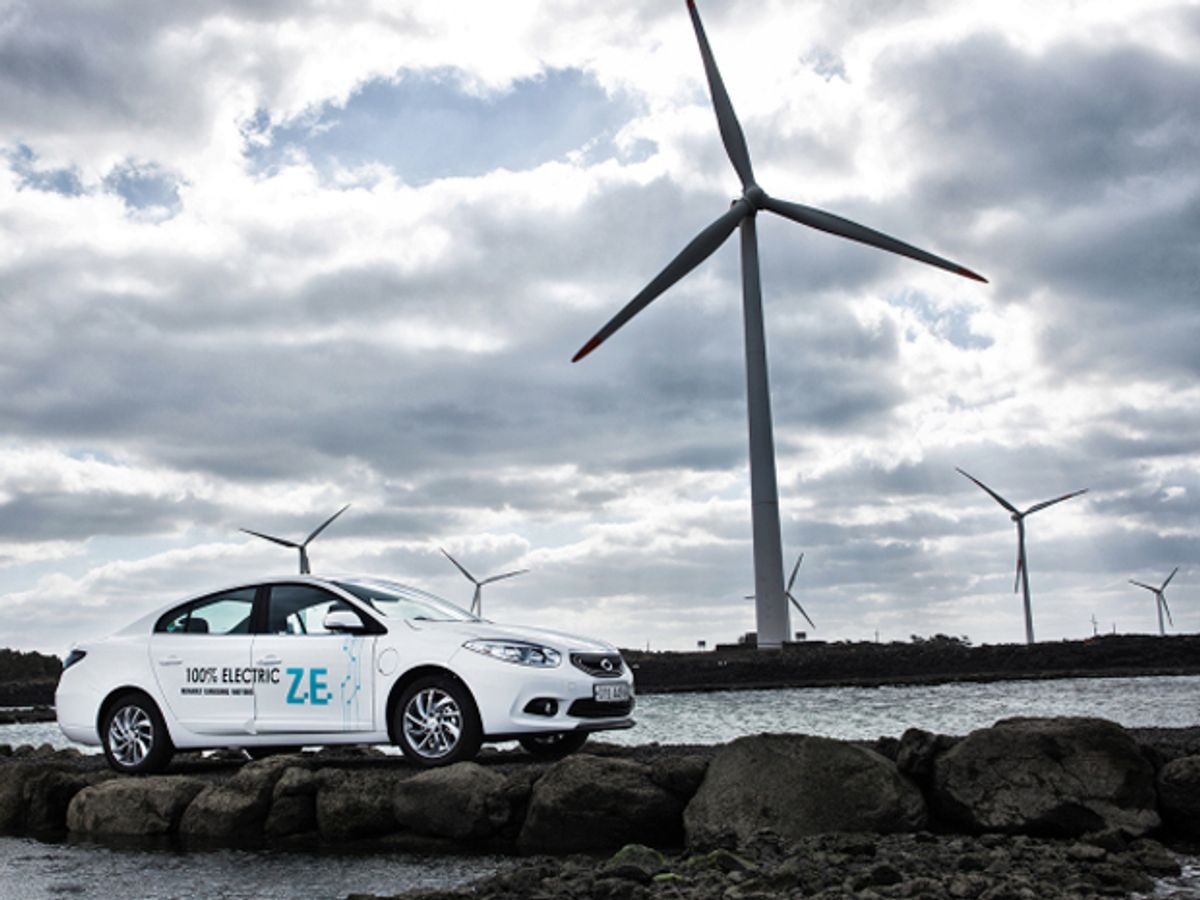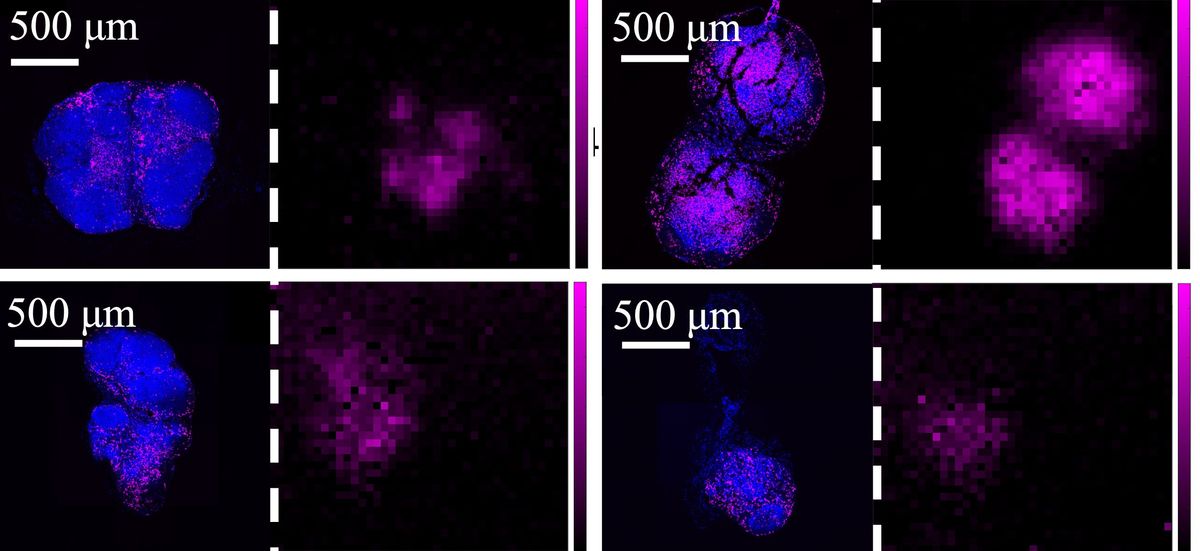South Korea's Jeju Island has spent years building out its electric vehicle (EV) infrastructure to encourage residents to make the switch from gas-guzzlers to battery-powered cars.
Soon, the small resort island will have the cars to match the infrastructure. This week, Jeju is hosting its inaugural International Electric Vehicle Expo [PDF]. At the event, several prominent domestic and foreign carmakers announced that they would start selling their all-electric vehicles on Jeju starting this year. The increased availability of EVs comes at the same time as new federal subsidies to help lure drivers to purchase EVs. Jeju Island has a goal for all its vehicles to be electric by 2030 as part of its “Carbon Free Island Jeju” plan, which was first announced in 2012.
Nissan Korea will start offering its popular Leaf to Jeju residents and then expand to other parts of South Korea. It started taking orders during the Expo, according to Korea Joongang Daily.
Jeju is a natural fit for EVs because it has been a smart grid test bed for years, which included building public charging infrastructure. Also, Jeju, south of the Korean peninsula, is a relatively small, oval-shaped island (about 70 km by 30 km), so drivers can get around most of the island on a single battery charge.
The island already has nearly 500 240-volt charging stations, according to Yonhap News Agency, about 10 percent of which are DC fast-charging stations. There are currently only about 360 electric vehicles amongst the population of about 607 000, a figure that the province wants to expand to more than 500 this year. The provincial government expects about 370 000 total cars on the road in Jeju by 2030 compared to about 300,000 today.
To meet that goal, the government is providing some hefty incentives. Along with EV-ready infrastructure, buyers on Jeju will also get up to 23 million won (US$ 21 800) in subsidies to purchase an electric car this year, although the high subsidy may only last one year. A subsidy of 15 million won (US$ 14 200) will be offered nationwide. The government is also introducing an emissions tax on gas-powered vehicles.
"Jeju already provides the most support in the world for those wanting to buy electric cars, and this stance, along with concerted efforts to develop the recharging infrastructure, will allow the ambitious goal to be met," Kang Dong-woo, section chief at provincial administration's smart grid office, told Yonhap News Agency.
The subsidy is more generous than most others around the globe to encourage people to shop for EVs, but prices are also higher in Korea, according to Joongang Daily. Nissan's Leaf will retail for about 50 million won (US$ 46 700) in Korea, compared to about $29 000 in the US and Europe.
Auto manufacturers also told Joongang Daily that the Korean models have more features, which is why prices are significantly higher. Domestic models are reportedly cheaper and include Kia’s Ray and Soul EVs, GM Korea’s Spark EV and the top-selling Renault Samsung Motors’ SM3 ZE.
South Korea has a nationwide goal of one million registered electric vehicles by 2020.



